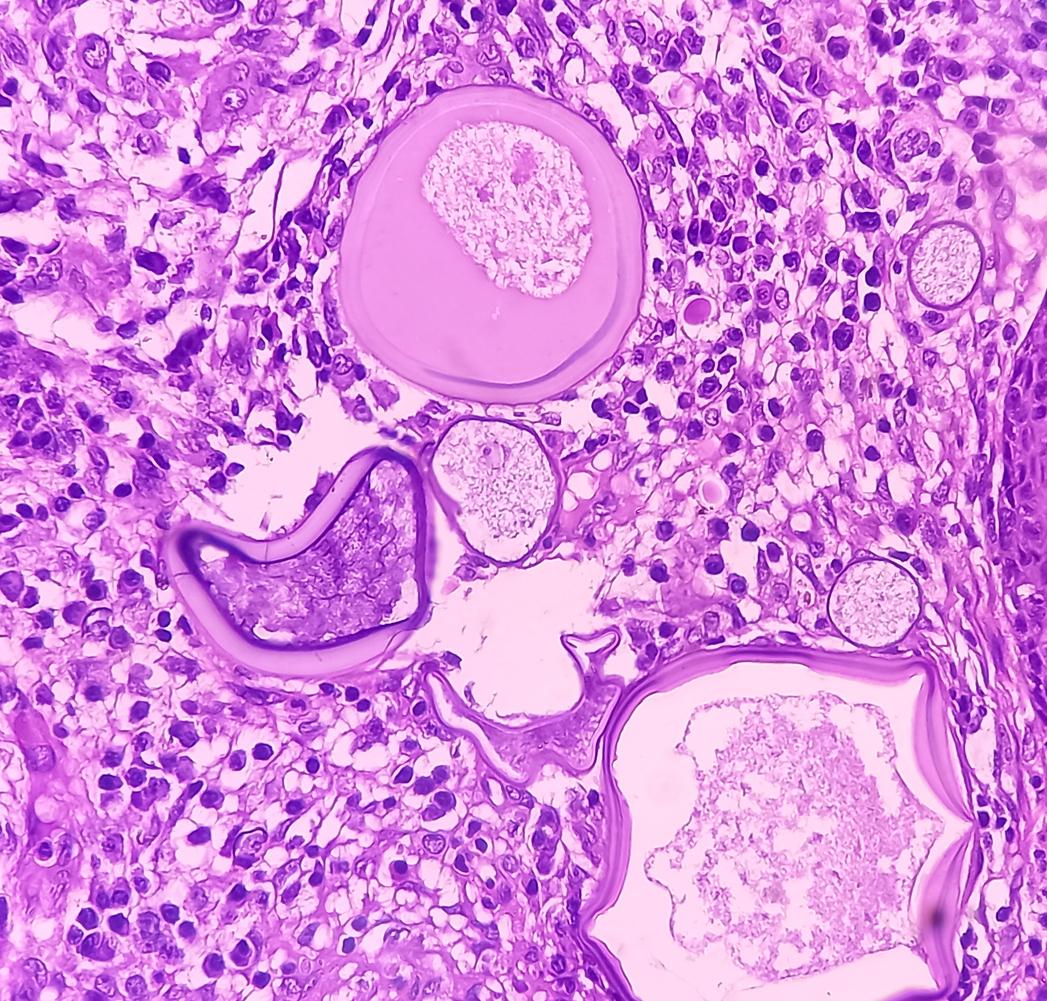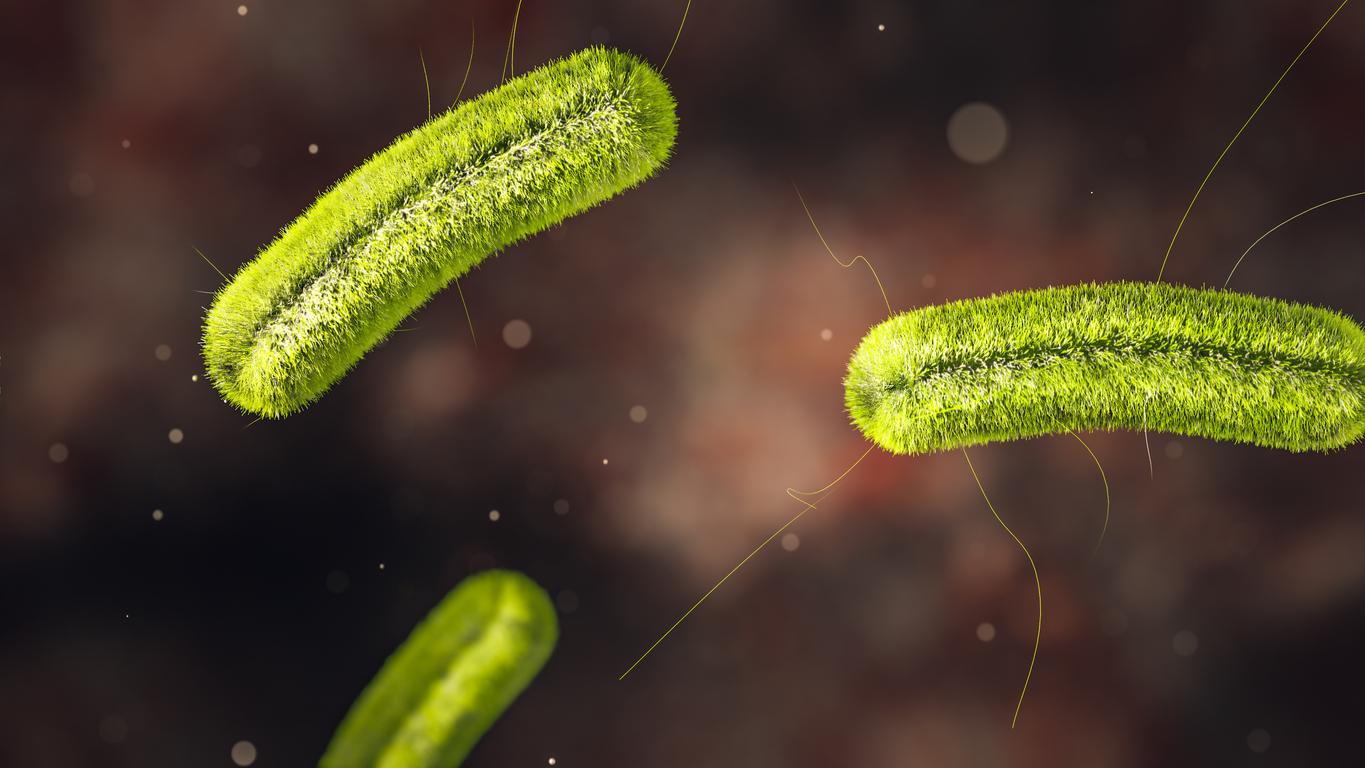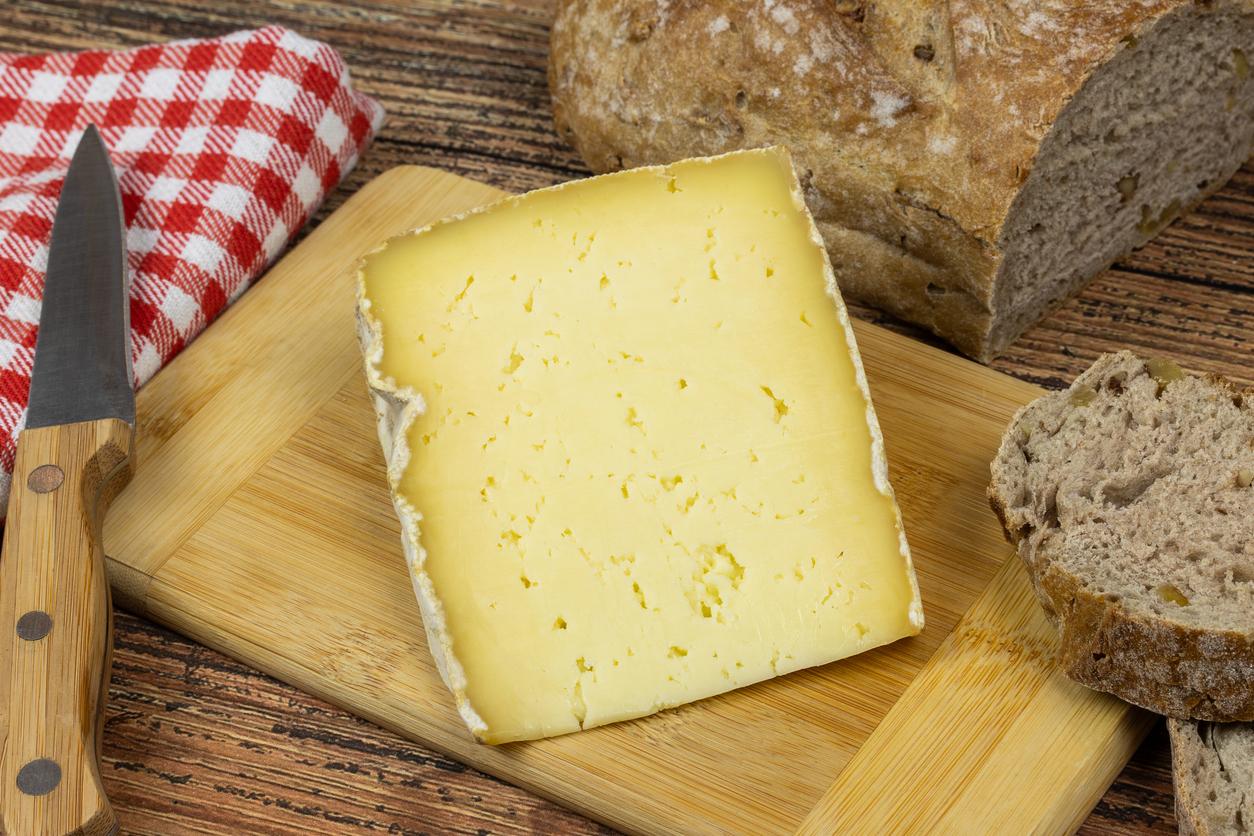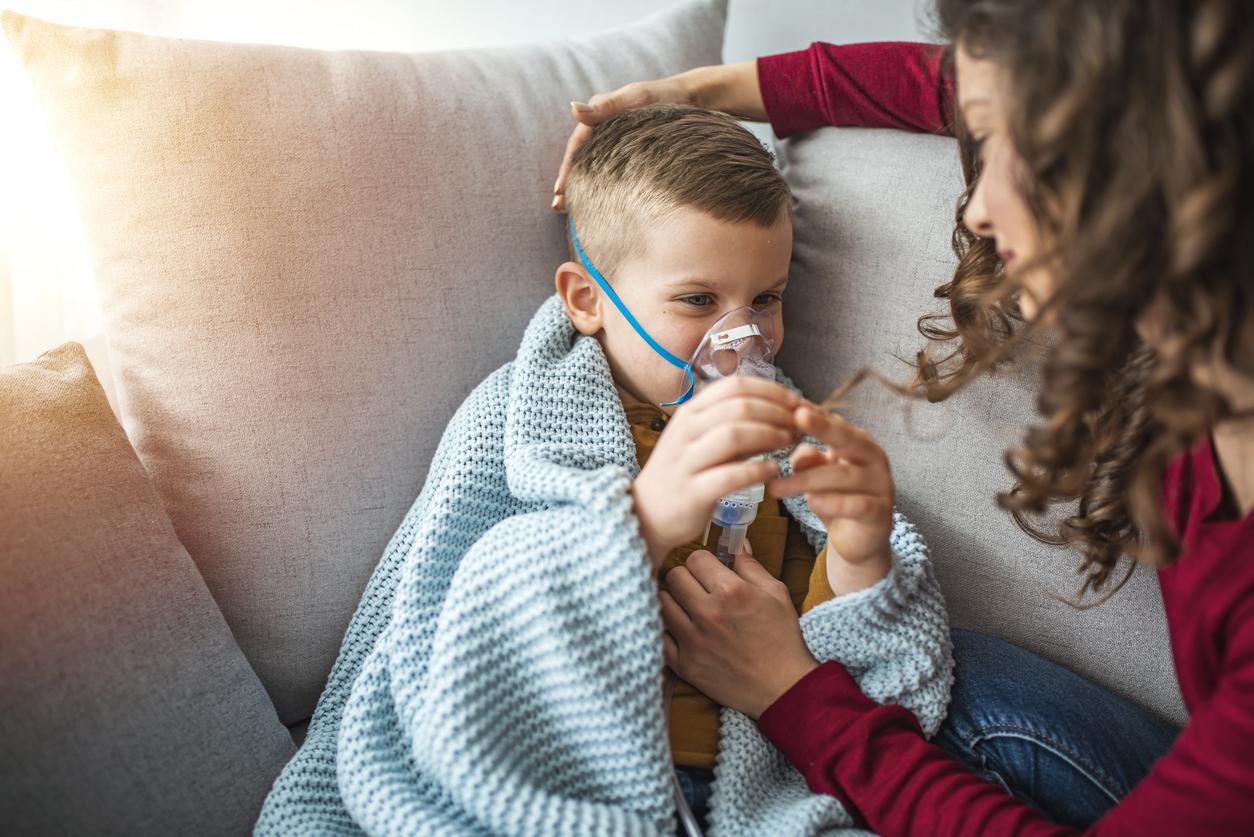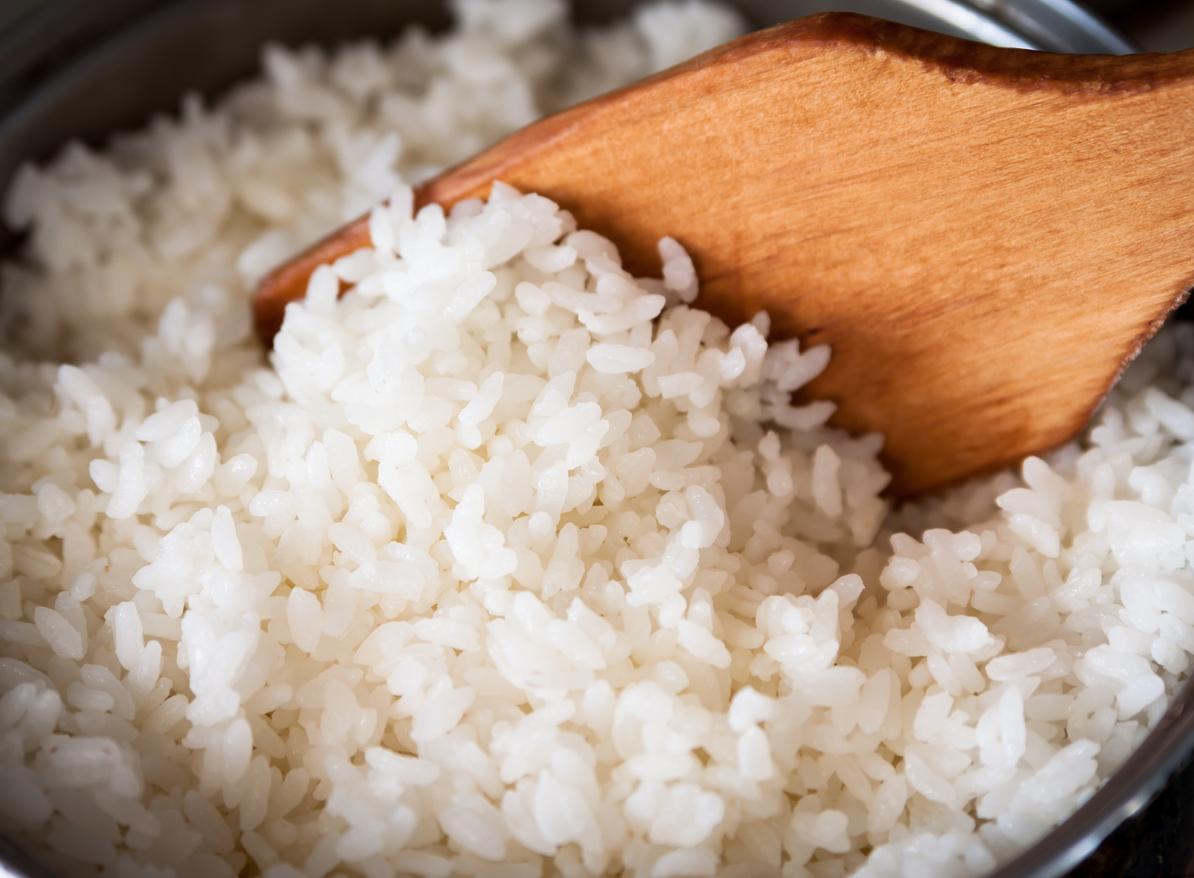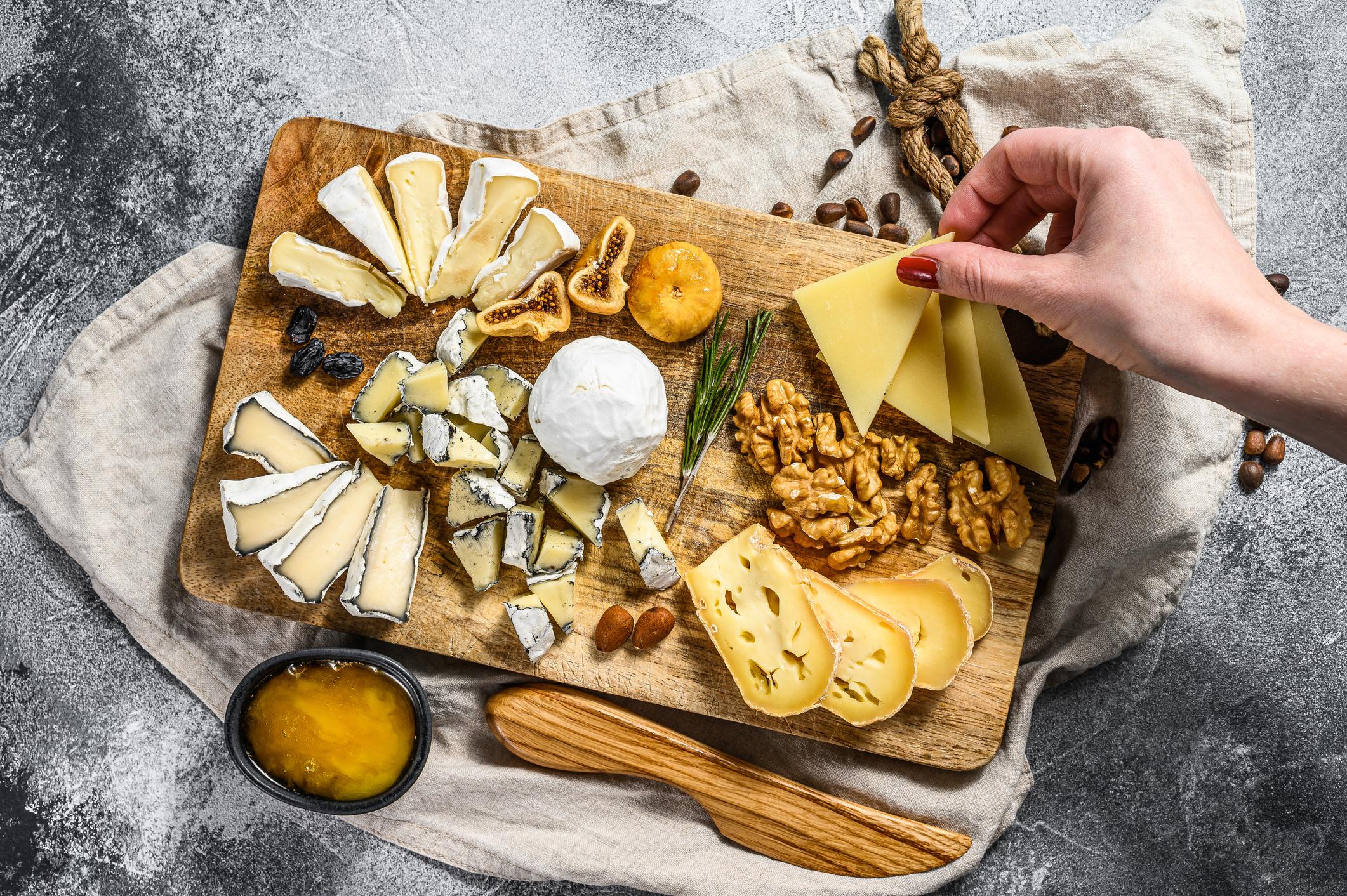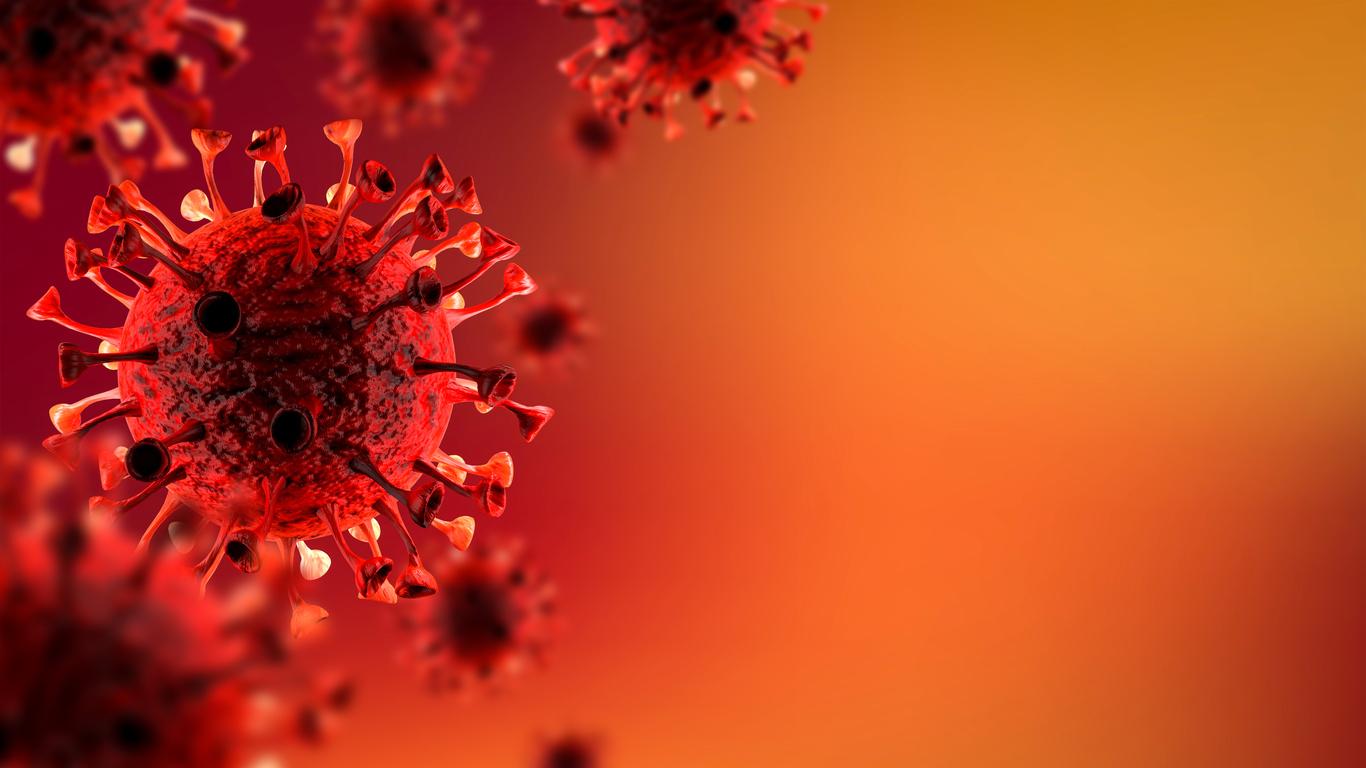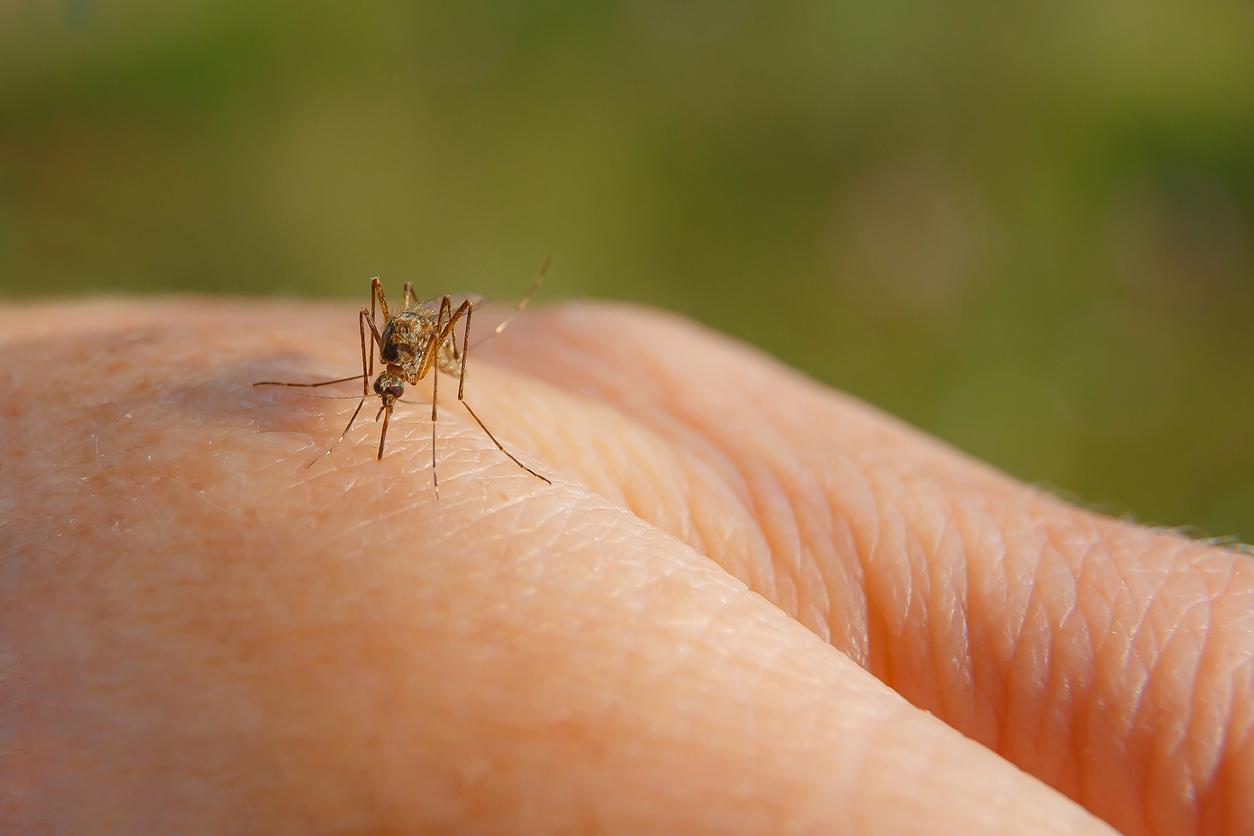This April 6, the government site Rappel Conso announces the recall of several raw milk cheeses, due to suspected contamination with Listeria. This bacterium causes listeriosis, a disease that can be serious. But how does this infection manifest itself? How is she cared for? Explanations.

- Each year, approximately 300 cases of listeriosis are recorded in France.
- People who have consumed the cheeses subject to this recall and who present these symptoms are invited to consult their GP without delay and report this consumption.
After pizzas from the Buitoni brand and chocolates from the Kinder brand, it is now the turn of certain raw milk cheeses to be recalled. The reason: these dairy products sold in supermarkets are suspected of being contaminated with Listeria monocytogenes, responsible for listeriosis. In the list of foods withdrawn from sale, published by the government website Rappel Conso, there are Coulommiers and Bries from the Normanville, Graindorge and Franprix brands. The authorities recommend to the French holding these cheeses not to consume them and to bring them back to the point of sale to be reimbursed or to throw them away immediately, because listeriosis is a pathology which can have serious consequences for the most fragile people.
What are the clinical signs that should alert us?
Listeriosis is a food-borne infection with an incubation period of up to eight weeks. Sometimes people are infected without showing symptoms. But according to the ministry of health, this disease is generally manifested by a more or less high fever, headaches and sometimes digestive disorders (nausea, diarrhea, vomiting). An infection of the meninges and the brain can occur and threaten the vital prognosis of the sick person.
“Severe forms with neurological complications and maternal or fetal damage in pregnant women can also sometimes occur. Pregnant women as well as immunocompromised people and the elderly should be particularly alert to these symptoms”, can we read on the government site Rappel Conso.
According to the Pasteur Institute, listeriosis in pregnant women can have repercussions for the unborn child. The infected newborn may present with a severe infection, often aggravated by prematurity, which may combine sepsis, pulmonary, neurological and sometimes cutaneous infection.
How is listeriosis treated?
The treatment of listeriosis is based on taking antibiotics. “In the current state of knowledge, there is no evidence in favor of the systematic implementation of antibiotic prophylaxis (antibiotic treatment after exposure to a risk of contamination by Listeria) in the absence of clinical signs. suggestive of listeriosis in a person who has consumed a contaminated product”, develops the Ministry of Health.
How to prevent listeriosis?
To avoid contracting this infection, specific hygiene rules should be followed when preparing and storing food. ANSES recommends cleaning surfaces soiled by food and not placing unpackaged food directly on the shelves. The health authority also advises washing hands before handling raw products, cleaning utensils and work surfaces before and after use. Another recommendation: keep leftovers in the refrigerator for less than 3 days, and in the case of foods to be eaten hot, reheat them to an internal temperature above +70°C.
“For pregnant women and those most at risk, it is recommended to avoid foods frequently contaminated with L. monocytogenes such as raw milk cheeses (especially soft cheeses), the rind of cheeses in general, fish smoked, raw shellfish, taramasalata and raw meat products such as charcuterie”, can we read on the ANSES website.
.









